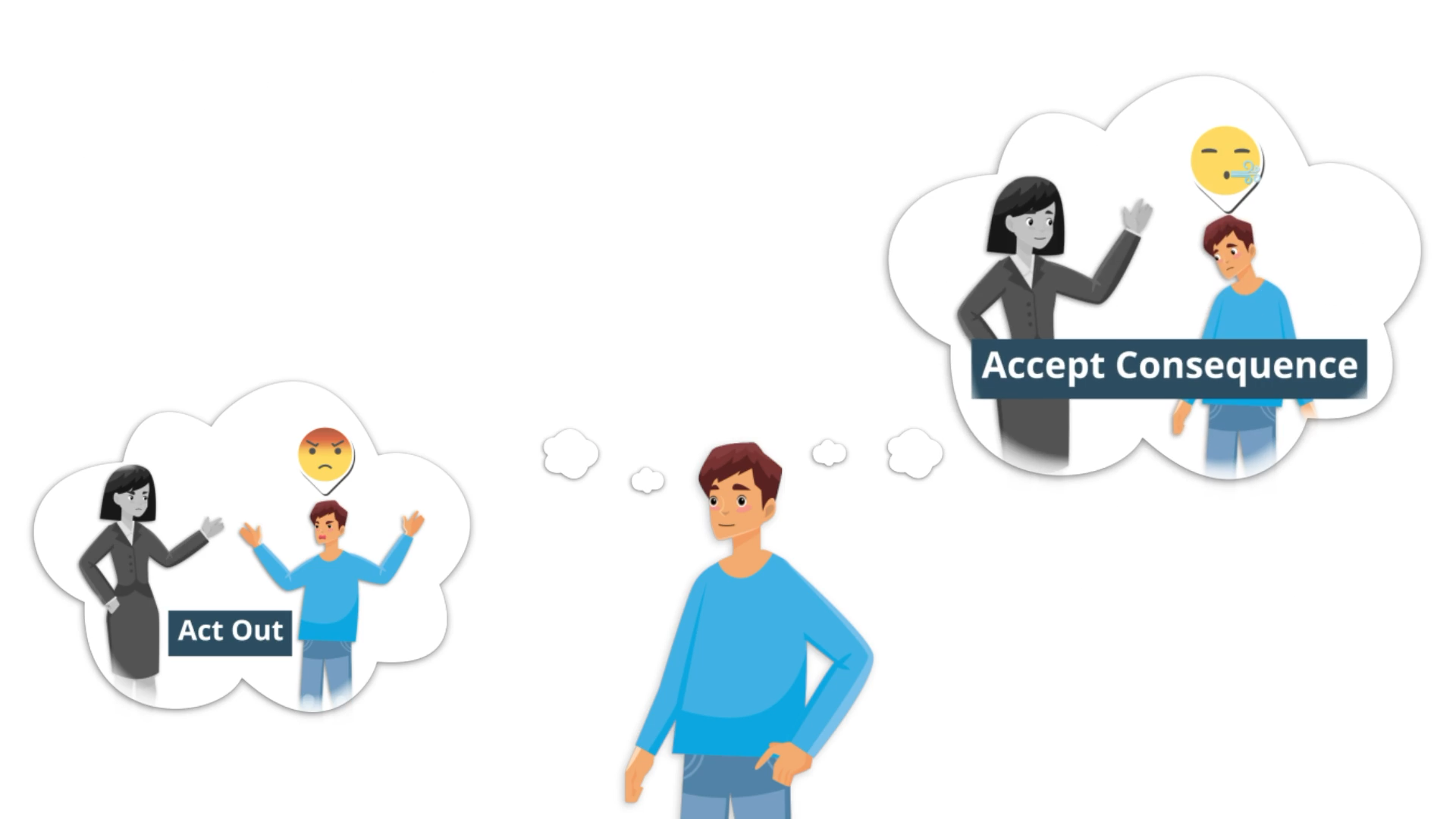
Introduction
In life, our actions always have consequences, whether positive or negative. As educators, it’s essential to teach students about the importance of understanding and accepting the consequences of their actions. This not only helps them develop better decision-making skills but also promotes a sense of responsibility and self-awareness. In this blog post, we will explore an easy no-prep activity that can be used in the classroom to teach students about consequences and acceptance, as well as discuss relevant questions and related skills.
No-Prep Activity
This no-prep activity is called “Consequence Chain” and is designed to help students understand the connection between their actions and the consequences that follow. To begin, have the students sit in a circle and explain the concept of consequences. Then, start by giving an example of an action, such as helping a classmate with their homework. Ask the students to think about the possible consequences of this action and share their thoughts.
Next, have a student provide another action, and ask the group to discuss the potential consequences again. Continue this process, with each student contributing an action and discussing the consequences with the group. This activity not only helps students understand the connection between actions and consequences but also encourages them to think critically about their own behavior and the possible outcomes.
Discussion Questions
- Why is it important to consider the consequences of our actions before we act?
- Can you think of a time when you made a decision without considering the consequences? What happened as a result?
- How can accepting the consequences of our actions help us grow and learn?
- What are some strategies you can use to stay calm when faced with a negative consequence?
- How can understanding and accepting consequences help us make better choices in the future?
Related Skills
Teaching students about consequences and acceptance is an important aspect of Social-Emotional Learning (SEL). Other related skills that can be developed alongside this include:
- Self-awareness: Understanding one’s own emotions, thoughts, and values.
- Self-management: Effectively managing emotions, thoughts, and behaviors in different situations.
- Responsible decision-making: Making choices that are ethical, safe, and respectful to oneself and others.
- Social awareness: Understanding and empathizing with others, and appreciating diversity.
- Relationship skills: Building and maintaining healthy relationships with others.
Next Steps
Teaching students about consequences and acceptance is a vital part of their personal and social development. By incorporating this lesson into your curriculum, you are helping them build a strong foundation for responsible decision-making and emotional regulation. To access more resources and sample materials for teaching Social-Emotional Learning skills, sign up for free samples at Everyday Speech.

